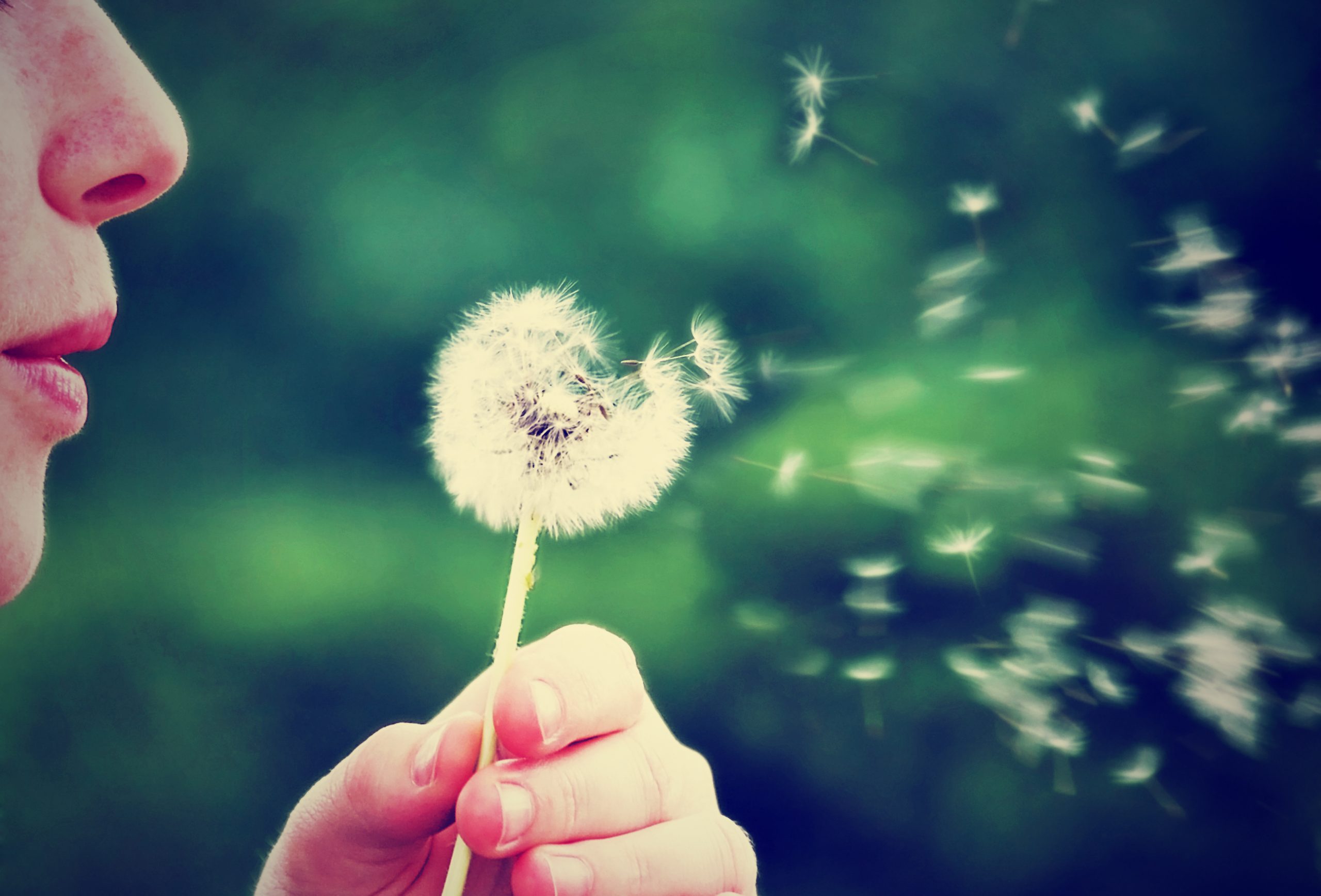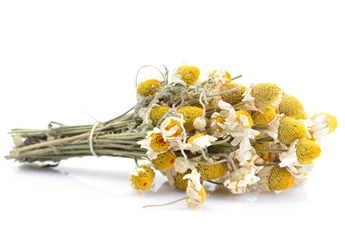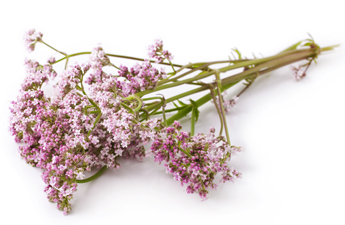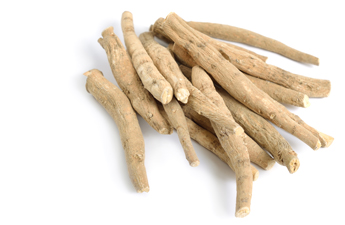By Stephanie Hazel, Accredited Western Herbalist
http://www.stephaniehazel.com.au/
Hay fever is an infuriating dis-ease: itchy red eyes, runny nose, sneezing and general irritability are the trademark symptoms, although some people may also have mild fever, itchy throat or blocked ears. Hay fever is caused by an over-reaction of the immune system to something that should be only mildly irritating: airborne pollens. The most common culprits will vary from place to place, but cereal grasses and Plane Trees are big triggers in Victoria where I live. Because pollen comes from flowers and most flowers emerge in the spring, most hay fever sufferers dread the springtime months. However, some people will also have flare ups in the Autumn, especially in warmer climates.
Despite being a mild dis-ease, in that you don’t actually feel sick, it is highly irritating and greatly interferes with quality of life. So much so, that many hay fever sufferers rely heavily on anti-histamines throughout the worst season, which has a negative impact on liver function, concentration and immune function.
The good news is that hay fever is relatively easy to treat herbally. Herbs that work on the tissues of the eyes and sinuses such as elderflower and eyebright can quickly provide symptomatic relief, and other immune regulating and locally tonifying herbs such as ribwort and astragalus can work on the underlying condition to prevent hay fever.
Note: I’m specifically discussing hay fever here, however this article is equally applicable to dust or mould allergies that cause similar symptoms.
THE HERBAL HELPERS
Elderflower – Sambucus nigra flos
The creamy-white flowers of the magical elder tree give us a cool, dry medicine that has a specific affinity for the sinuses. It is an anti-inflammatory and anti-allergy herb for this area, and its sinus-drying actions can provide very effective symptomatic relief of an itchy, runny nose. It can be taken as a tincture, or as a tea. The cooling effect of this herb is increased when taken as an iced tea, so if your sinuses are particularly irritating or itchy, try it iced.
Eyebright – Euphrasia spp.
As the name might suggest, Eyebright is a fantastic herb for treating the eyes, specifically, irritated, inflamed and itchy eyes due to allergies such as hayfever. It is similar to elderflower, in that it is cooling and drying, and works well for allergic runny nose. However, whereas elderflower is specific for the nose and sinuses, eyebright is specific for the eyes. If you get both a runny nose and itchy, watery eyes, I recommend them in combination.
Eyebright can also be used topically: either as an eyewash, or as a sinus spray. You can easily buy a simple saline nose spray from the chemist, and simply add 5ml of eyebright tincture, or a strong tea. Note that if you use the tea, it won’t keep more than a week and will need refrigeration.
Echinacea
Echinacea can be used in both acute symptomatic relief of hayfever and in longer-term regulation of the immune system to address underlying imbalances and prevent recurrence. It is an anti-inflammatory and lymph-cleansing herb that is most useful when there are swollen glands or lymphatic congestion that is underlying the immune system problems. Like Astragalus, studies have shown the echinacea regulates immune function, rather than just stimulating the immune. This makes it useful in allergic responses like hay fever.
Ribwort Plantago lanceolata
Ribwort is an interesting combination of plant chemistry. It works strongly on the mucous membranes of the sinuses to both soothe irritation (through its demulcent properties) and to stop excessive discharge (through its astringent properties). This almost opposite action – both drying and soothing – makes it perfect to improve and tonify the condition of the sinus mucous membranes, making them less reactive to irritants.
Astragalus
An ancient chinese medicine herb, astragalus is considered a warm, sweet Qi tonic. It modulates immune function, supporting the immune system to both fight disease and reduce over-reactivity. This makes it helpful in allergic, inflammatory conditions such as hay fever. Laboratory trials have conclusively confirmed its effects on immune function, and clinical trials have shown that in combination with zinc (which also supports healthy immune function), a 6 week course of astragalus reduces the incidence and intensity of hay fever and allergic rhinitis.
ADDRESSING ROOT CAUSES
There are three major ways you can support your body to reduce your recurrence and intensity of hay fever:
- Support the balanced functioning of your immune system
The symptoms of hay fever are due to an over-response of the immune system in the local tissues. Using immune modulators like echinacea and astragalus can help to retrain the immune system to have a more appropriate response.
- Strengthen the tissues of your sinuses to make them more resilient to irritants
Herbs like Ribwort and Eyebright, that have astringent action, tighten and strengthen the sinus tissue. Ribwort also soothes and moistens the tissues, which makes it the herb of choice for this. Using a sinus wash like a Neti Pot or NeilMed’s Sinus Wash (available from chemists) on a regular basis is also very helpful.
- Improve your liver’s ability to clear histamine
What is histamine? You probably already guessed that histamine is part of the hay fever story, since the chemicals we use to suppress the symptoms are ‘anti-histamines’. Histamine is a neurotransmitter involved in arousal, concentration and immune response. It is very important, and we don’t want to get rid of it! In fact, regularly taking anti-histamines reduces concentration and arousal (drowsiness) and regular use will stop your immune system doing its job.
However, when histamine builds up in the skin and blood due our immune system can start over-reacting to things that would otherwise be mildly irritating. If histamine is a problem for you, you probably feel easily irritated, have red flushing of the face, neck or chest, and have generalised itching. Red wine is high in histamines, so if you tend to get a headache or runny nose after drinking lots of wine.
Many pharmaceuticals interfere with how the body breaks down histamine, including Nurofen, aspirin, antibiotics and anti-depressants. Alcohol and black tea also damage your ability to clear histamine. Other than avoiding
Histamine is cleared and processed by the liver, so supporting liver function with cooling, detoxifying bitter herbs is one of the keys to creating a long-term strategy for hay fever.
Herbs like dandelion root, vervain and nettle are gentle liver-heat clearing herbs that can help with histamine clearance. Feverfew has been shown to inhibit histamine release.
HERBAL PROGRAM
Symptomatic Relief
Get a herbalist to mix up a combination of the best herbs for your symptom picture to use as symptomatic relief. Usually, you will feel better within a few hours. One millilitre of tincture blend every 2 hours is a good upper dose for acute attacks.**
Making an eyebright-saline nasal spray is also a great idea.
Prevention
Take astragalus, echinacea and ribwort for 6 weeks before the start of the season that you usually get hay fever (for most people in Australia, this will be starting on 15th August). You can also use the liver herbs mentioned above if histamine clearance seems to be an issue, or do a liver/gallbladder flush at the start of spring.
FOOD THERAPY
Eliminate damp foods
In holistic medicine traditions, hay fever is partly a condition of having too much mucus accumulated in the body, or ‘dampness’. One of the major food sources of ‘damp’ is dairy. Many people with hay fever will find their symptoms improve with eliminating (or greatly reducing) dairy from their diet.
Other damp-forming foods are breads and flour-based products, sugar and bananas.
There’s an easy way to check if this ‘dampness’ is part of the picture for you: have a good look at your tongue in the morning. If there is a thick white or yellow coat that looks creamy or greasy then dampness is clogging you up. Note that a thin white coat that looks moist is normal.
Work out your intolerances
Untreated food intolerances will wreak havoc with your immune system. If you also have gastrointestinal symptoms like regular bloating, cramping, diarrhoea or excessive gas, you may have a food intolerance. Dairy, gluten and fructose are common.
Support immune function with Zinc
Zinc is a mineral supplement that is crucial in healthy immune function. Increasing your intake of seafoods (especially oysters) or taking a zinc supplement daily in the lead up to springtime has been shown to have beneficial effects in reducing hay fever indicende and intensity, as well as colds and flus.
**Want to book a free consultation with Stephanie? Email [email protected].**
SOURCES:
Jeremy Ross, Combining Western Herbs and Chinese Medicine.
Matkovic Z. Efficacy and safety of Astragalus membranaceus in the treatment of patients with seasonal allergic rhinitis. Phyto Research 24.2(2010): 175–181
Braun & Cohen (2015) Herbs and Natural Supplements: an evidence-based guide 4th Ed.





 Nextwave
Nextwave

